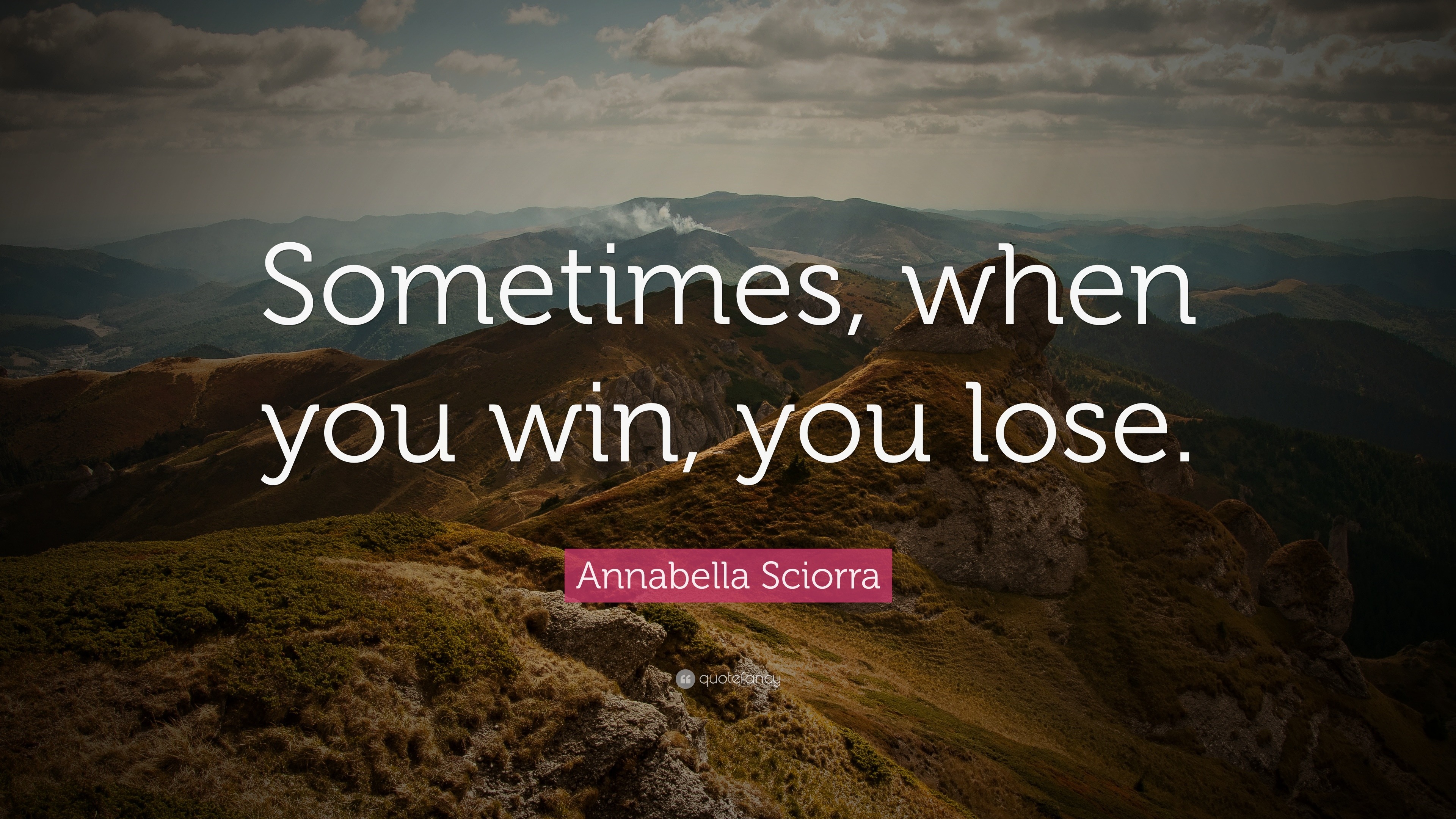As teachers we mythicize and romanticize the concept of the heroic teacher, fighting for kids in the trenches. You hear the soundbites on repeat everywhere across the education landscape. “I am fighting for my kids” “I am battling to do what is best for kids” “I am there, in the trenches every day.”
Dear teachers, this needs to stop. I’ll start with the last metaphor. How problematic is it that we refer to our classrooms, as the teaching profession to, “the trenches.” I suppose we would need to understand what the trenches actually were, meaning all of us ought to brush up on some social studies.
During World War 1, soldiers would dig pathways into the ground and build up defensive positions in the ground. During that time soldiers would take refuge from a barrage of gun and artillery fire while being overrun by weather and vermin. Approximately 10% of soldiers involved “In the trenches” were killed, nearly double the average from WW2.
 This is the image we are referring to when we talk about being in the classroom? Are our students fellow soldiers? Are they the enemy? Are they the artillery fire? When we refer to classrooms as “In the trenches” we are basically calling our workspace a living hell. Even on my worst day in the classroom, I have NEVER felt that my workspace was as bad as the unimaginable horrors of living and fighting in the actual trenches. The more we talk about our workplace like these incredibly awful scenes, the worse it reflects on our schools, our kids, and ourselves. Stop telling people you are “in the trenches” you aren’t making yourself sound heroic, you are making your school and your kids sound like a nightmare.
This is the image we are referring to when we talk about being in the classroom? Are our students fellow soldiers? Are they the enemy? Are they the artillery fire? When we refer to classrooms as “In the trenches” we are basically calling our workspace a living hell. Even on my worst day in the classroom, I have NEVER felt that my workspace was as bad as the unimaginable horrors of living and fighting in the actual trenches. The more we talk about our workplace like these incredibly awful scenes, the worse it reflects on our schools, our kids, and ourselves. Stop telling people you are “in the trenches” you aren’t making yourself sound heroic, you are making your school and your kids sound like a nightmare.
So now let’s tackle the more obscure problem, the metaphor of the fight/battle. Why shouldn’t we be “fighting” and “battling” for kids? This is one of the problems of world choice that can lead us to create tension. The idea of a fight creates the idea that there will be a winner and a loser. When we are advocating for kids, we can’t afford to have winners and losers. We need to find a way to eliminate the idea that two people with differing views of what is best for kids are locked in some sort of battle. We can’t ALL be in this together if we are also battling and fighting. I don’t view any of my work as adversarial, and if you hope to build bridges, make connections, and develop meaningful relationships with the people in your professional life, you cannot keep undermining them with poor word choices.

What we say matters to ourselves and others. I want my words to evoke positive imagery of my classroom and school. I want to use my words to build positive relationships with kids, coworkers, parents, and the community. The faster we stop viewing education as a battle, a fight, or a hellish warfare landscape, the easier it will be to stop considering our work as a zero-sum game. When there is a fight, there is a loser. We cannot afford losers in education, and our goal should be to ensure that we all win.